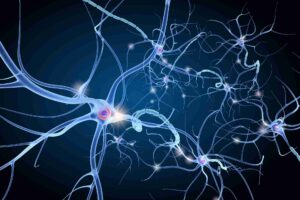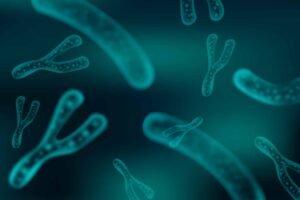Neuroscience
Neuroscience
Researchers have found that a metabolite released from gut bacteria contributes to cognitive decline by influencing gene expression in the brain’s resident immune cells.
Neuroscience
Together with Prof. Ted Dinan (UCC Ireland) we discuss the link between gut and psychological distress.
Immunology, Neuroscience
The impact of age-induced microbiota alterations facilitates the accumulation of CML metabolite in the microglia of mice and humans.
Neuroscience
Researchers have found that some gut microbes may be connected to depression, thus highlighting that the intricate relationship between humans and their microbiota could have important health implications.
Neuroscience
Researchers have found that testosterone-degrading enzymes expressed by gut microbes are associated with depressive symptoms.
Gastroenterology, Gynecology
Autistic people who experience inflammatory problems may have been exposed to inflammation in the maternal womb. A new study published in Immunity claims.
Gastroenterology, Neuroscience
A new study published in the Journal of Proteomics is the first to profile the gut microbiota of autistic children, their relatives, and neurotypical children using a metaproteomic approach.
Neuroscience, Nutrition
The differences in gut microbiata composition seen in autistic people may be due to the restricted dietary preferences associated with autism. A new study published in Cell claims.
Gastroenterology, Immunology
Gut microbes seem to regulate the number and function of immune cells of central nervous system. A new study published in The EMBO Journal claims.
Gastroenterology, Neuroscience
Differences in gut microbiota composition may make some people more susceptible to Konzo's disease. A new study published in Nature Communications claims.










